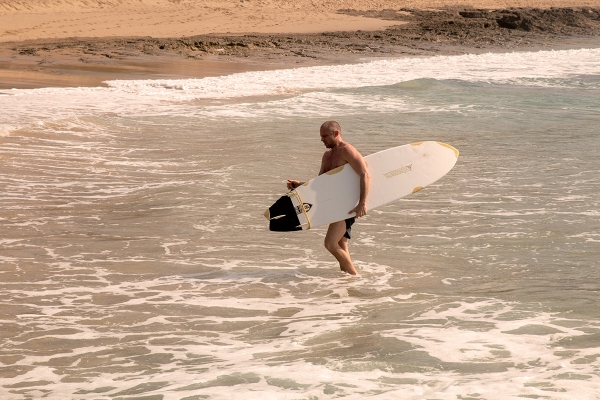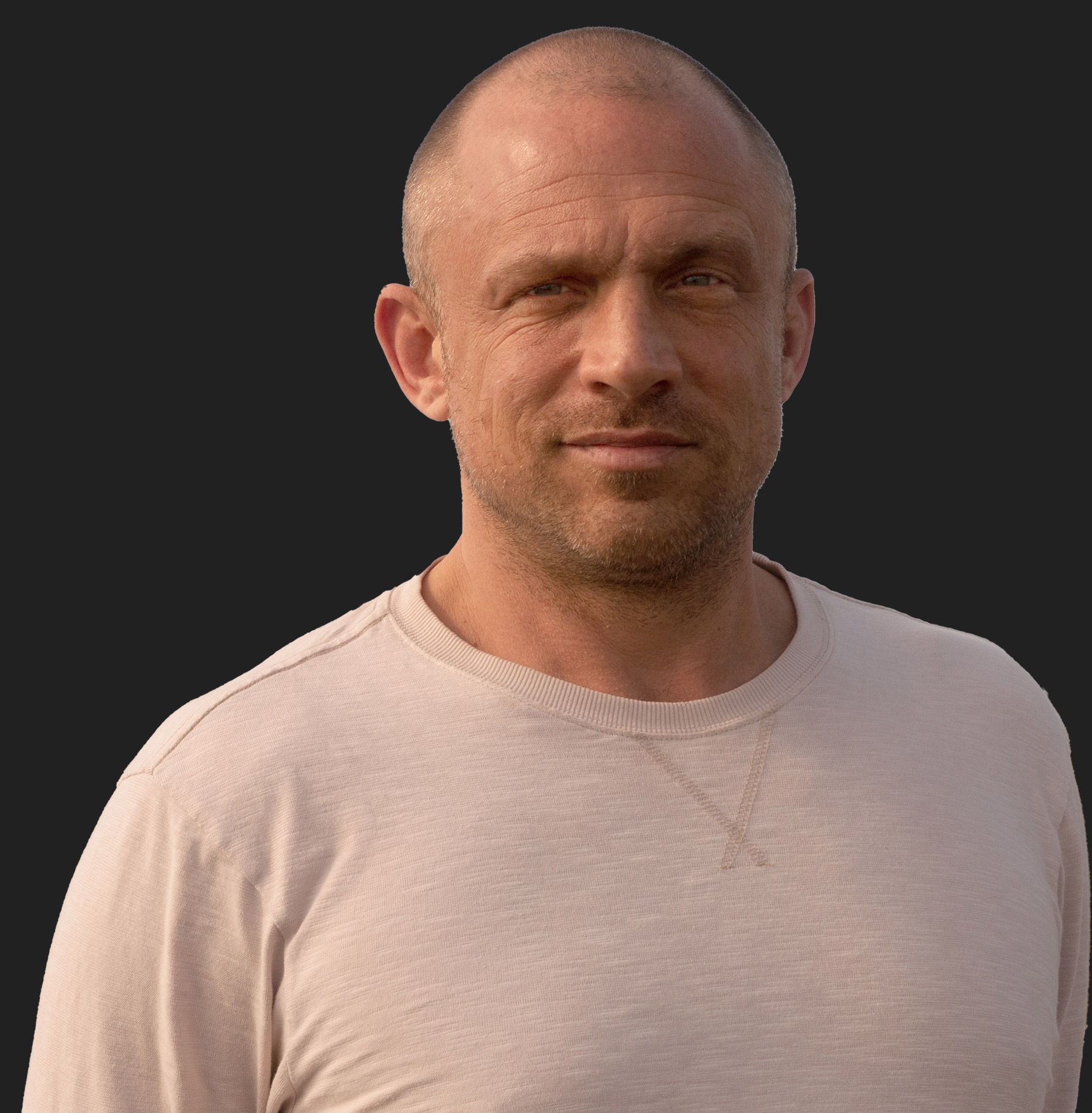Music. Surfing. International travel. Open source software.
These are not things that typically go together. Dan Garton, however, has found a way to combine them while creating Koord, an open source platform with a pretty ambitious goal: Allowing musicians across the world to play together, even if they are thousands of miles apart.
Here’s the story of how Garton took an idea that he literally first sketched in the sand and turned it into a project that brings together his passions for coding, music and more.
At present, the Koord team remains hard at work building out the platform. Their latest initiative is creating an API that will “allow the community to build their own stuff on top of Koord,” Garton says, making it easy for users to customize the platform to suit their tastes.
But the completion of a production-ready platform is on the horizon, and the Koord team eagerly looks forward to helping anyone, anywhere to “make music happen,” as Garton puts it. “I envision a world where musicians naturally turn to Koord when they need to collaborate, no matter where on Earth they happen to be.”
An engineer’s story
In some ways, Garton’s background is ordinary enough. He went to college for electrical engineering and computer science, graduated in the early 2000s and started a career in the tech industry.
In other respects, however, Garton is not your typical coder or technical startup founder. He hails from a small country town in the English Midlands, where music became an important part of his life beginning in early childhood. “I started playing recorder at school, and I picked up piano and violin,” he explains. As a teenager, he moved into electric instruments, specializing in the bass.
Garton also has a passion for travel. Beginning in 2008, he made a promise to himself to go on a months-long internal trip every winter. That practice, which he describes as “a good way of escaping the winter blues,” brought him to places like Brazil, Senegal, Hawaii and Mozambique. It also placed him in touch with people from a variety of cultures, and it gave him a particularly acute appreciation for the importance of being able to sustain relationships across large geographic distances.
Open source software, too, has played a special role in Garton’s life. He discovered Linux and the open source movement in college, he says, and “I became very enthused by all these developers around the world, volunteering their time and skills. I was very moved by it, and it still inspires me now.”
Lines in the sand
For a while, Garton pursued each of these passions – coding, music, travel and open source – separately. He worked as a developer and DevOps engineer to pay the bills, while also tinkering with open source and playing in bands in his spare time. And he bought a second home in Mozambique to serve as a base for his yearly trips abroad.
It wasn’t until the pandemic, however, that Garton stumbled upon an opportunity for combining his various passions. One evening in the spring of 2020, he found himself sitting on the beach in Tofo, Mozambique. He was contemplating the turquoise waters alongside a group of friends (including his future co-founder João Graca) with musicians who were lamenting how the virus had made it impossible for them to hold jam sessions and perform. Unlike people in other professions, they noted, they couldn’t exactly use Zoom to replace what they normally did in person. The audio quality just wasn’t good enough. Plus, there weren’t good ways for musicians even to find each other on conventional online platforms.
The conversation led to a revelation. “We realized there was this huge gap for musicians,” Garton says. “There was nothing out there for musicians to collaborate remotely, even though virtually every musician on the planet was in a similar situation” – unable to travel, play shows or even rehearse due to the pandemic.
In response, Garton envisioned a software platform that would be good enough to support real-time, high-quality music sessions via the Internet. He sketched out in the sand how the technical architecture for such a platform might work.
He also went home and did a bit of research. He discovered that a few open source projects, such as Jamulus and NIMJAM, already existed with the goal of helping musicians connect via the Internet.
These projects were innovative in a technical sense. But they weren’t as user-friendly as they needed to be, in Garton’s view, to let anyone play music together from remote locations. So, he set out to build Koord, which uses other open source projects as its foundation but enhances them with usability features designed to make Internet-based jam sessions as easy as opening an app and clicking a button.
“The aim was to create a set of tools where any musician, regardless of technological expertise, could literally point and click to create sessions with their bands,” Garton says. He adds that Koord is to Jamulus and NIMJAM what GitHub or GitLab are to Git: Solutions that make it easy for anyone to access powerful open source tools that would otherwise be too complex for some users.
As they build Koord, Garton, his co-founder Graca and their small team of co-developers (he refers to them as “a loose collective of technical contributors”) are also keen to contribute code back to the underlying open source projects they are using. They’re not trying to replace tools like Jamulus; they’re making them better and more accessible, while ensuring that all source code they write remains open.
In addition to his small team of developers, Garton has also worked closely with the startup program at Equinix, which he describes as being “like a dream.” That’s not just because Equinix provided infrastructure credits to host the Koord platform on Metal servers. What has mattered even more, Garton says, is how the startup program allowed his team to interface directly with Equinix’s internal developers, who are building the APIs and services that Koord relies on.
“I don’t think I’ve ever had an experience where I was so closely tied into the engineers who were actually creating the tools I was using,” Garton explains. That is saying a lot, he notes, because he has a long history of working with open source projects, so collaborating with engineers is not unusual for him.
Published on
28 July 2022Interview by
Katie NorchiIn pictures



